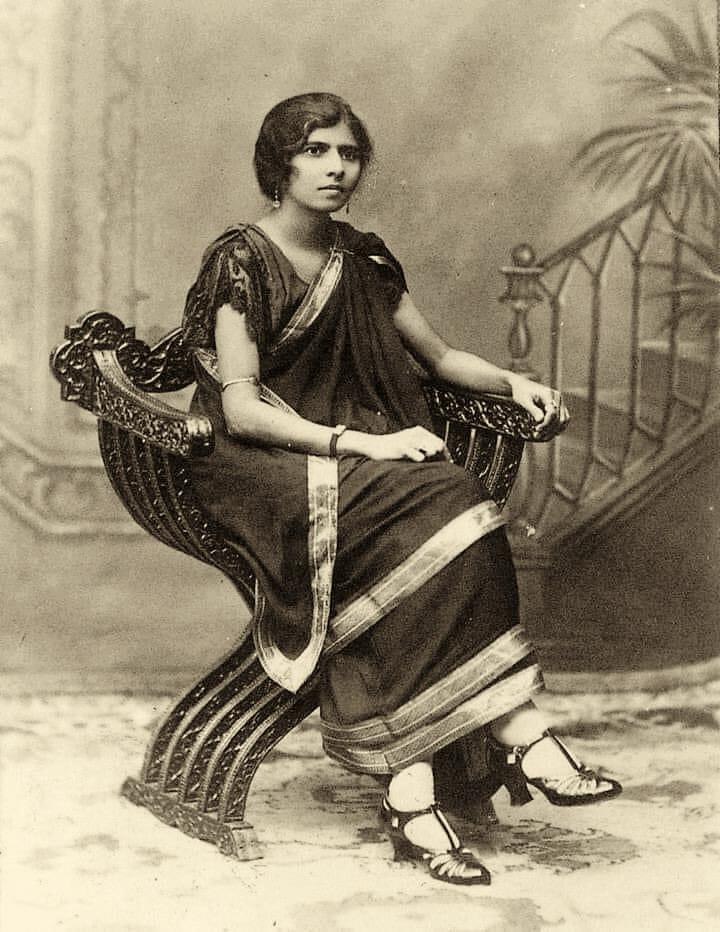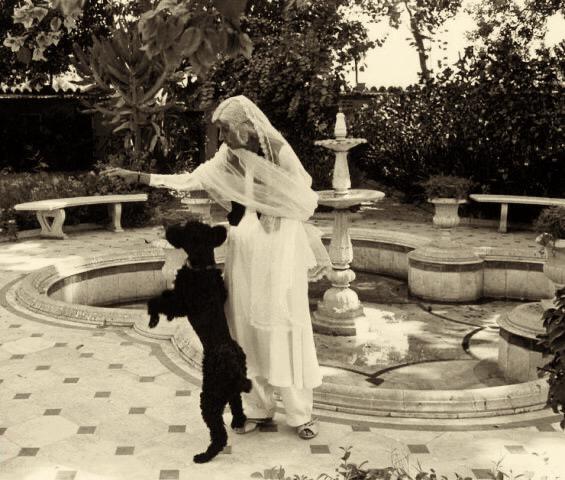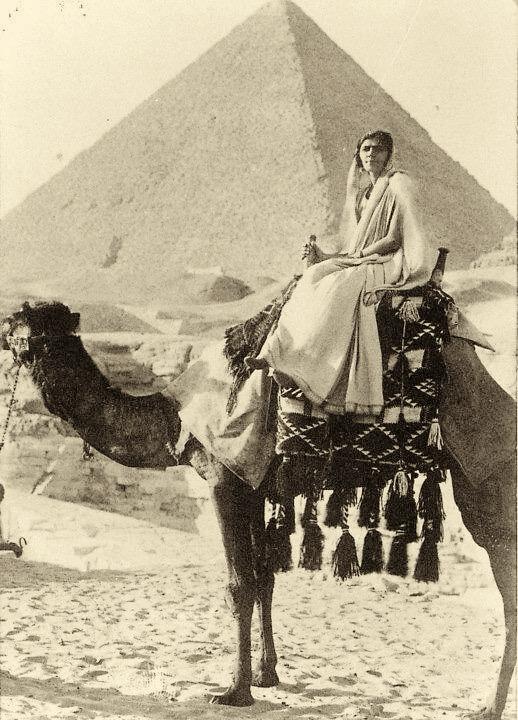Fatima Jinnah, often referred to as the “Mother of the Nation,” was not only the sister of Muhammad Ali Jinnah, the founder of Pakistan, but also a pioneering figure in the country’s struggle for democracy and social justice. Born on July 31, 1893, in Karachi, Fatima Jinnah’s contributions to the formation and development of Pakistan are monumental, yet often overshadowed by her brother’s towering legacy.

Early Life and Education
Fatima Jinnah was a woman ahead of her time. At a period when women’s education was not a priority, she pursued her academic interests fervently. After completing her early education in Bombay (now Mumbai), she attended Dr. Ahmad Dental College in Calcutta (now Kolkata), becoming one of the first Muslim women dentists of her era. Her dedication to education and professional development was indicative of her lifelong commitment to empowering women.
The Political Awakening
Fatima Jinnah’s involvement in politics was deeply influenced by her brother’s political journey. As the political climate in India became increasingly charged with the quest for independence, she became an indispensable part of Jinnah’s efforts to mobilize support for the All-India Muslim League. Her fluency in multiple languages and her ability to connect with women across different social strata made her a vital asset to the League’s outreach efforts.
During the critical years leading to the partition of India in 1947, Fatima Jinnah worked tirelessly alongside her brother. She played a crucial role in the refugee crisis that followed, setting up relief committees and working on the ground to provide aid and support to millions of displaced people. Her compassion and dedication earned her the affectionate title of “Madr-e-Millat,” or “Mother of the Nation.”
The Struggle for Democracy
After the death of Muhammad Ali Jinnah in 1948, Fatima Jinnah withdrew from active politics for a few years. However, the imposition of martial law by General Ayub Khan in 1958 compelled her to re-enter the political arena. Seeing the nascent democracy of Pakistan being stifled under military rule, she decided to take a stand.
In the 1965 presidential elections, Fatima Jinnah emerged as the principal opposition candidate against Ayub Khan. Her campaign was a testament to her indomitable spirit and her unwavering belief in democratic principles. Despite facing significant obstacles, including a heavily rigged election process, she galvanized public support, especially among women and the youth, symbolizing hope and resistance against authoritarianism.

Legacy and Impact
Although Fatima Jinnah did not win the 1965 election, her campaign left an indelible mark on Pakistan’s political landscape. She brought issues of civil liberties, women’s rights, and democratic governance to the forefront, inspiring future generations of political activists.
Fatima Jinnah passed away on July 9, 1967, but her legacy endures. She is remembered not just as the sister of the nation’s founder, but as a formidable leader in her own right. Her life story is a testament to the power of resilience and the enduring fight for justice and equality.
Fatima Jinnah’s journey from a pioneering dentist to a revered national leader showcases the profound impact one determined individual can have on a nation’s history. Her steadfast commitment to democracy and social justice continues to inspire and guide the people of Pakistan and beyond.

By: Qasim Akram
